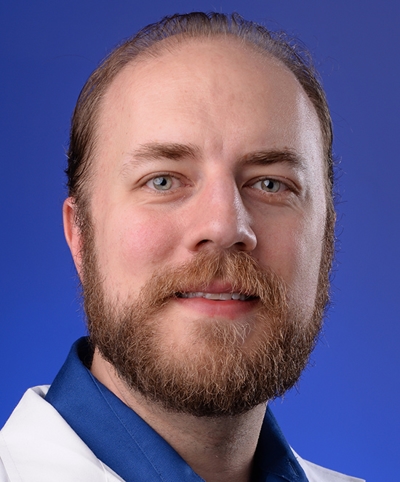Nuclear Medicine
Nuclear medicine scans usually involve an injection or ingestion of a radioactive material. This material is not harmful and will typically pass through the body in 24 to 48 hours.
Nuclear medicine studies include:
- Hepatobiliary Study (HIDA Scan) – to demonstrate the function of the gallbladder
- Bone Scan – to detect bone cancer, osteomyelitis, musculoskeletal trauma, bone lesions and arthritis
- Liver/Spleen Scan – shows the function of the liver and spleen and is useful in assessing chronic liver disease and the size of these organs
- Lung scan – used to diagnose pulmonary embolism or to evaluate pulmonary function prior to lung reduction surgery
- Parathyroid scan – used to detect and localize parathyroid adenomas
- Renal scan – examines the anatomy and function of the kidneys
- Thyroid scan and uptake – measure the size and function of the thyroid gland. Can also be used to evaluate thyroid nodules
- Gastric emptying – used to evaluate stomach function and delays in gastric emptying
- Whole body PET/CT Scan – evaluates the metabolism of a particular organ or tissue to detect biochemical changes that can identify the onset of a disease process.










